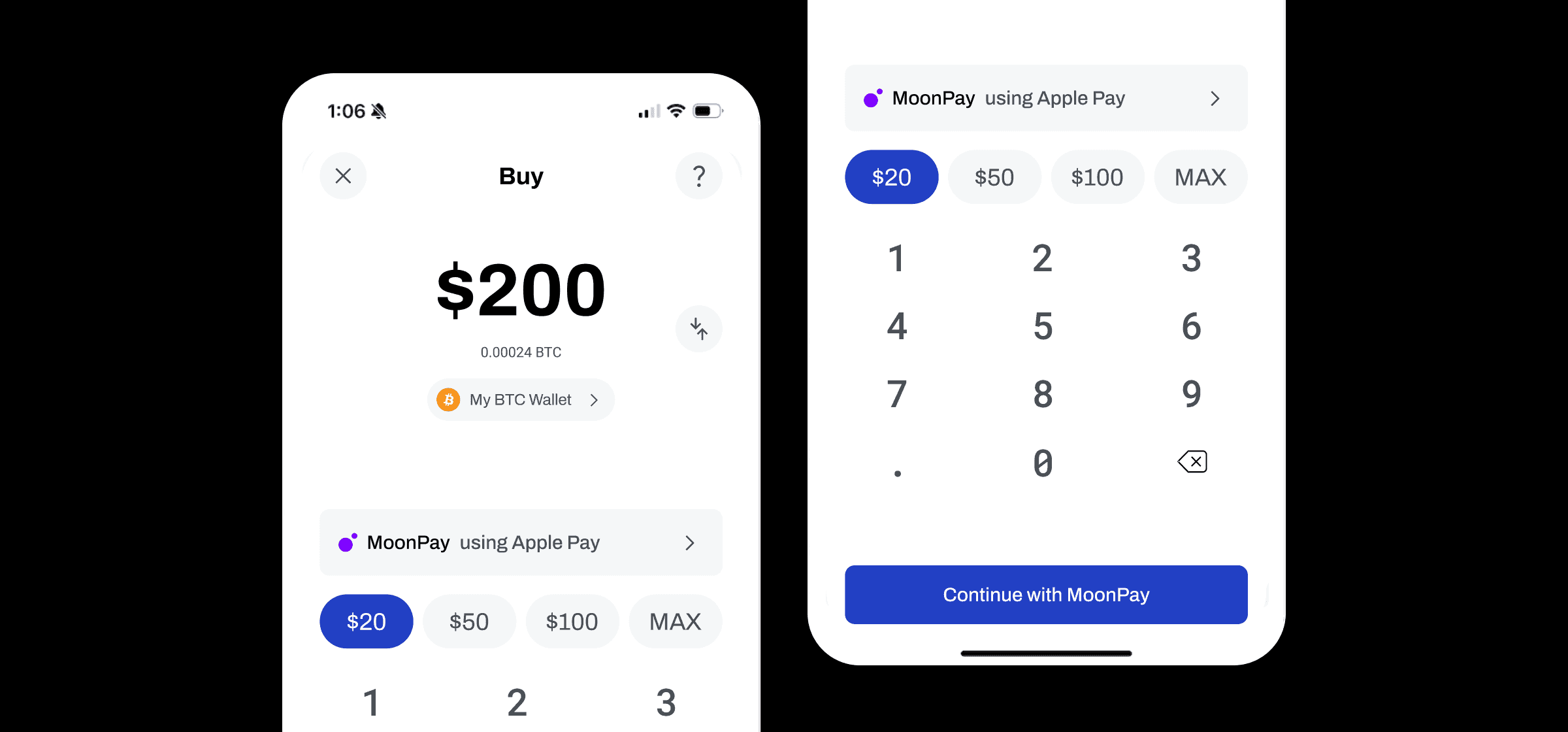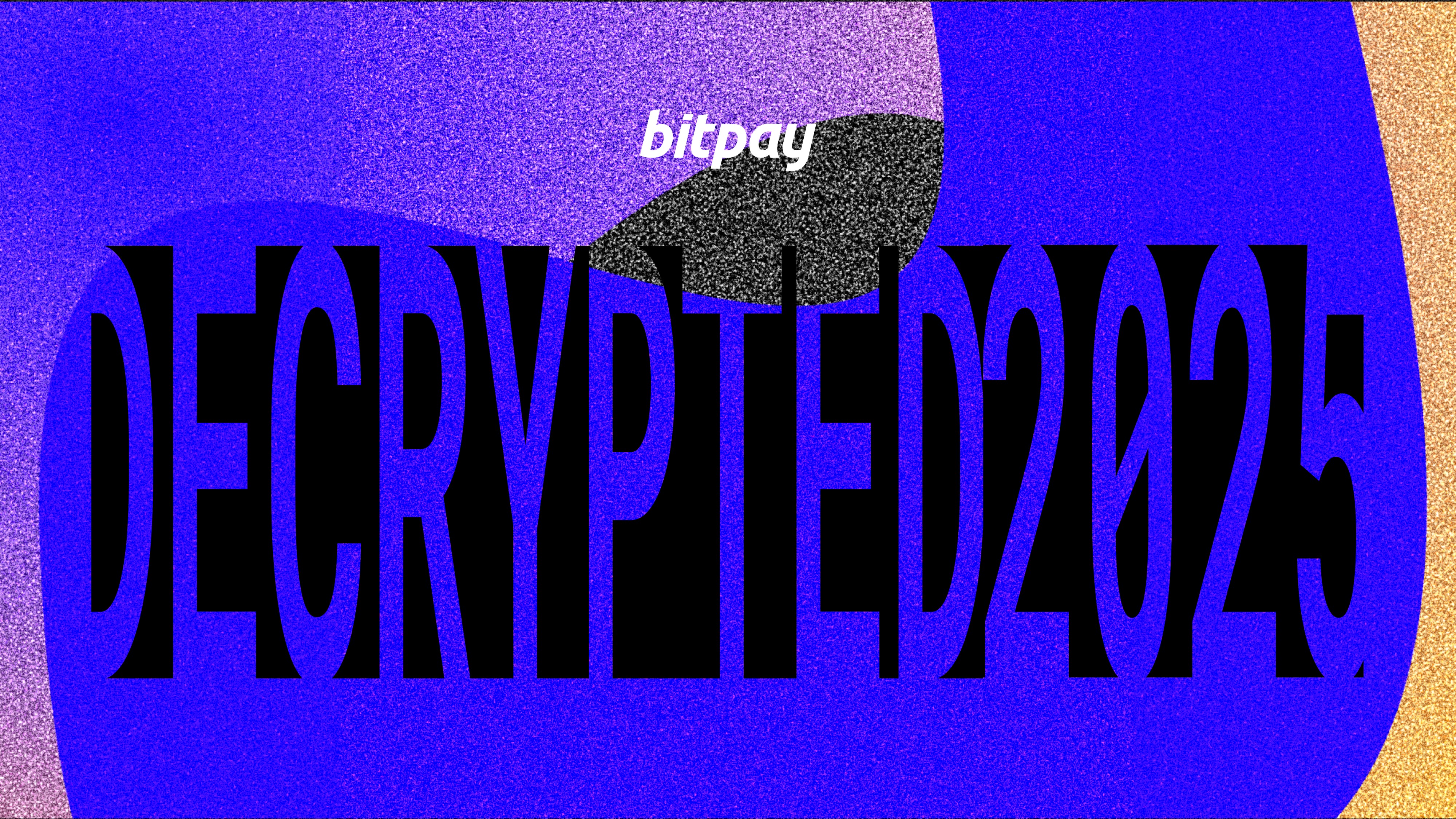Desktop wallets are software applications designed to allow crypto users to manage and securely store their private keys on a computer hard drive. They provide a convenient option for anybody who frequently sends or receives crypto payments from their computer. Ahead we’ll take a look at desktop wallets, how they work and whether they make sense for your needs.
What is a desktop wallet?
Desktop wallets are programs which are run from your desktop or laptop computer. They provide a streamlined, easy-to-use interface for users to interact with their crypto holdings. Unlike web or exchange wallets which are always online, desktop wallets only connect to the internet when necessary for completing transactions. They are most often non-custodial, which means the wallet owner bears sole responsibility for safeguarding their private keys.
How does a desktop wallet work?
Desktop wallets work much the same way as other types of crypto wallets, providing users upon setup with both a public and private key to sign and execute transactions. To send cryptocurrency, a desktop wallet user will need the receiving address of the person on the other side of the transaction. Likewise when receiving crypto, the user will need to provide their public key to the sender.
Users typically access their desktop wallet with a simple username and password combination, though many employ additional security methods like 2-factor authentication (2FA). Like most other wallets, desktop wallets typically provide a seed phrase or recovery phrase to be used in the event you need to recover your crypto wallet.
Once logged in, users are free to interact with multiple cryptocurrencies across multiple blockchains. Most wallets are “lite” wallets which rely on digital signatures confirmed by the private key to verify transactions. Most desktop wallets support multiple cryptocurrencies, but others, known as “full node” desktop wallets, instead allow a user to download a specific cryptocurrency’s entire blockchain onto their laptop or PC. This allows them to independently verify transactions instead of relying on other computers on the blockchain network. However, depending on the blockchain, this can consume a great deal of hard drive space (often hundreds of gigabytes) and is only recommended for highly experienced crypto users who know what they’re doing.
Benefits and drawbacks of desktop wallets
Desktop wallets fall somewhere between web wallets and hardware wallets on the crypto wallet safety spectrum. Like any other crypto wallet, desktop wallets have drawbacks and benefits to consider.
What can you do with a desktop wallet?
Desktop wallets include all of the features you’d expect from a mobile wallet, but with the added security of storing your private keys on a computer hard drive instead of a mobile device. Most options support all of the most popular cryptocurrencies, and some even allow crypto trading directly from the software program. Because computers are more powerful pieces of hardware than mobile devices, they often include more functionality than mobile wallets.
The BitPay Wallet includes a mobile and desktop version. It lets users interact with their crypto holdings in a multitude of ways, from viewing account balances and monitoring prices to buying crypto, cash out, spending, receiving and more.
You can even use it to buy gift cards with crypto or load your BitPay Card. Rather than offering a bloated software solution full of services you don’t need and will never use, the BitPay Desktop wallet includes only the most essential features. The BitPay Desktop wallet, and many others, are available for Mac, Windows and Linux.

The BitPay Desktop Wallet for Mac
BitPay is the best crypto wallet and card for spenders
Get the App to Buy, Swap and Spend Crypto
Other popular desktop wallets
Some popular desktop wallets include:
Electrum
Exodus
Atomic Wallet.
Desktop wallet safety
The private keys encrypted on your computer’s hard drive are only as secure as your PC. If you’re going to self-custody your crypto assets using a desktop wallet, you’ll need to ensure your computer is always up to date with the latest virus and malware protection. As an added measure of security, it’s not a bad idea to make use of a virtual private network (VPN) when using your wallet to digitally sign transactions. As always, take all of the standard crypto security measures if you choose to use a desktop wallet.
Is a desktop wallet right for me?
Ultimately, choosing which type of wallet you use comes down to understanding what will be most conducive to your crypto habits. If you are frequently using a PC or laptop to make transactions, desktop wallets can be a convenient option offering more security than web wallets. They can also be used in conjunction with other types of wallets to improve convenience and break up your crypto holdings across different devices.
Share this post



Note: All information herein is for educational purposes only, and shouldn't be interpreted as legal, tax, financial, investment or other advice. BitPay does not guarantee the accuracy, completeness, or usefulness of any information in this publication and we neither endorse, nor are we responsible for, the accuracy or reliability of any information submitted or published by third parties. Nothing contained herein shall constitute a solicitation, recommendation, endorsement or offer to invest, buy, or sell any coins, tokens or other crypto assets. BitPay is not liable for any errors, omissions or inaccuracies. For legal, tax, investment or financial guidance, a professional should be consulted.




